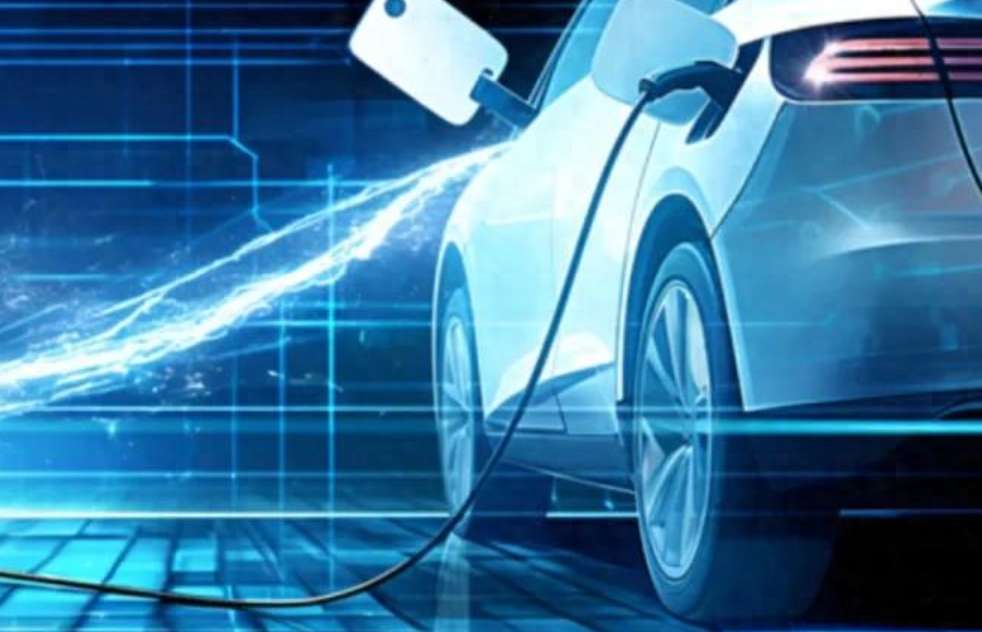On February 12, in a bold strategic move, BYD unleashed an advanced intelligent driving system, intensifying the competition Tesla faces in the realm of smart driving technology. This development not only rattled the tech and automotive sectors but also had a consequential impact on Tesla's stock prices, which took a considerable hit in the following days.
Investors in Tesla have begun to express their concerns, particularly as CEO Elon Musk finds himself entangled in political affairs in the U.S. He is also reportedly aiming for an acquisition of OpenAI, leaving little room for him to address the pressing challenges that Tesla is currently confronting.
In a recent announcement, Wang Chuanfu, Chairman and President of BYD, detailed plans to collaborate with DeepSeek to develop autonomous vehicle technologies. During a conference announcing BYD's intelligent strategy, he mentioned that all vehicles under the BYD brand would be equipped with its high-level intelligent driving system, dubbed "Tian Shen Zhi Yan" (God's Eye). This venture aims to usher in an era of universal intelligent driving for all consumers.
The latest developments have sparked increased apprehension among analysts regarding Tesla's perceived lag in the intelligent driving arena. Despite being a frontrunner in electric vehicles, Tesla has yet to introduce its driver-assistance products in China—the world's largest automotive market. With BYD rolling out intelligent driving features across its entire lineup, the domestic competition in the autonomous driving space is expected to heat up significantly. This shift could result in a reduction in profit margins for these products, challenging earlier expectations.
Following a consecutive four-day decline, Tesla's stock experienced a significant downturn; on Tuesday, it plunged by 6.34%, with a notable dip exceeding 7% as trading drew to a close. Over the past week, Tesla's shares have fallen approximately 17%, leading to a staggering loss in market capitalization—roughly $200 billion evaporated within a short span.

Current trends reveal that Tesla no longer holds a commanding lead in the highly competitive autonomous driving sector. In a conference call discussing last month's financial results, Musk outlined his ambitions to launch "Fully Self-Driving" (FSD) technology along with an autonomous ride-hailing service in Austin, Texas, by June of this year.
However, contrasting Tesla's timelines, Alphabet's Waymo has already established a foothold in autonomous ride-sharing services in select cities such as Austin, San Francisco, and Phoenix. Just recently, Waymo expanded its operations in Los Angeles, increasing its robotaxi service by an additional ten square miles.
Morgan Stanley analysts noted that competition among Waymo, Tesla, and numerous Chinese manufacturers is crucial for the commercial success of robotaxi services. Furthermore, Oppenheimer analysts stated that the intense competition in the autonomous vehicle sector may constrain Tesla's profitability significantly.
Even if Tesla follows through with its plans to roll out autonomous vehicles in Texas by June 2025, analysts emphasize that it will merely be one of several players vying in the autonomous driving technology landscape—meaning Tesla will still contend with competitiveness in terms of both price and performance.
A key concern for Tesla shareholders is Musk's divided attention due to his numerous commitments. Aside from steering Tesla, he serves as the CEO of SpaceX, oversees the social media platform X, and heads the artificial intelligence startup xAI. Recently, he has increasingly focused on political endeavors, playing a significant role in a new government entity dedicated to driving efficiency and budget cuts.
Adding fuel to the fire of apprehension, reports surfaced on Monday suggesting that Musk is leading a consortium to acquire OpenAI for a staggering $97.4 billion. This revelation has left Tesla investors worried that Musk's focus may drift further away from Tesla's ongoing challenges.
Oppenheimer's analysts highlighted that while Tesla shifts its priorities toward tangible AI advancements, Musk's potential acquisition of OpenAI might distract him from addressing the hurdles faced by Tesla. They further pointed out the risks posed by Musk's close political ties with the current administration, suggesting that his ongoing political engagements could introduce additional uncertainties for Tesla's brand and market position.
Despite Musk enjoying a degree of popularity among certain circles for his actions, analysts warn that his public persona may alienate consumers and employees alike, especially given the current administration's contentious leadership. Evidence of this is reflected in recent vehicle registration data, indicating a significant year-on-year drop in Tesla purchases in California and several European markets.
As the competition in autonomous driving sharpens, the stakes for Tesla become increasingly precarious. The blend of aggressive rivals, coupled with Musk’s diverse engagements beyond the automotive sphere, raises pressing questions about the future direction of the company and its ability to maintain its status as a leader in the EV industry.
With significant investments in smart driving technologies from competitors like BYD and Waymo, the landscape is shifting rapidly. Analysts and investors alike will be watching closely to ascertain whether Tesla can navigate these hurdles while maintaining its identity as a pioneering force in the electric vehicle market. As the digital streets become more congested with autonomous vehicles, it remains to be seen if Musk can refocus his attention where it matters most—on Tesla and its innovations, ensuring it retains not just market share but also consumer trust in a rapidly evolving automotive world.